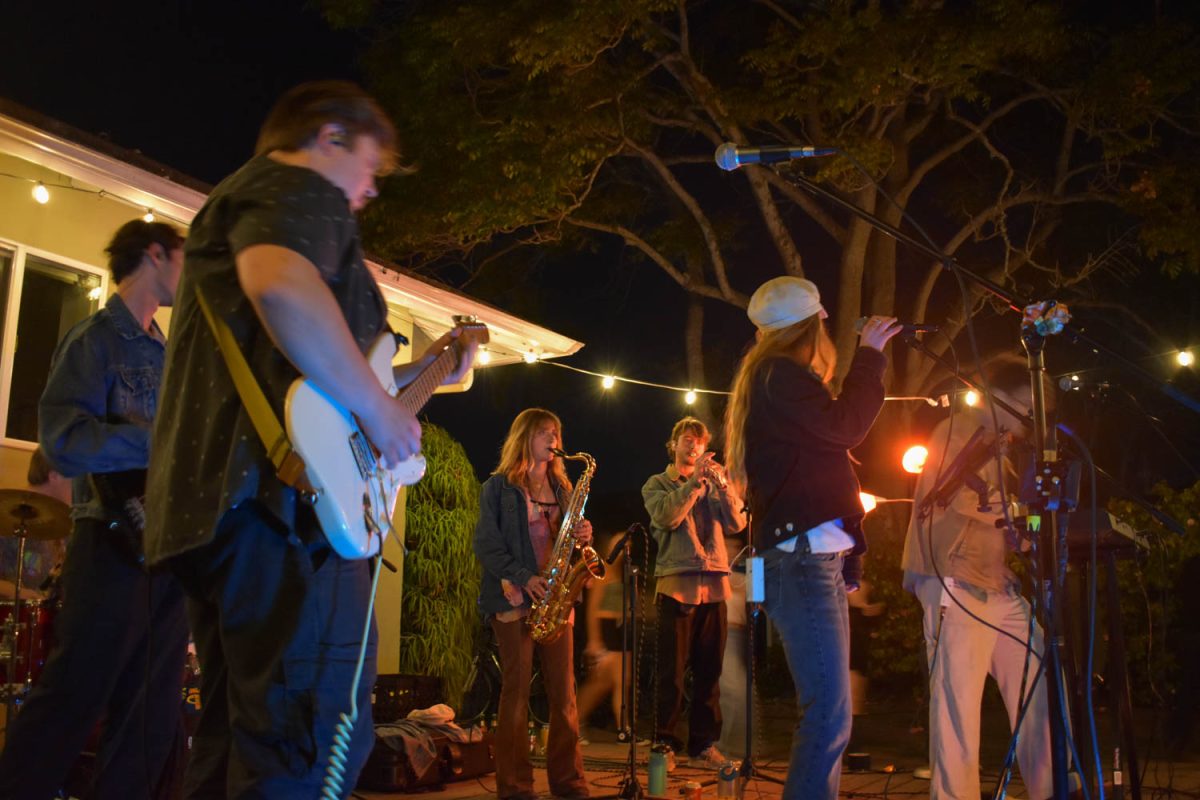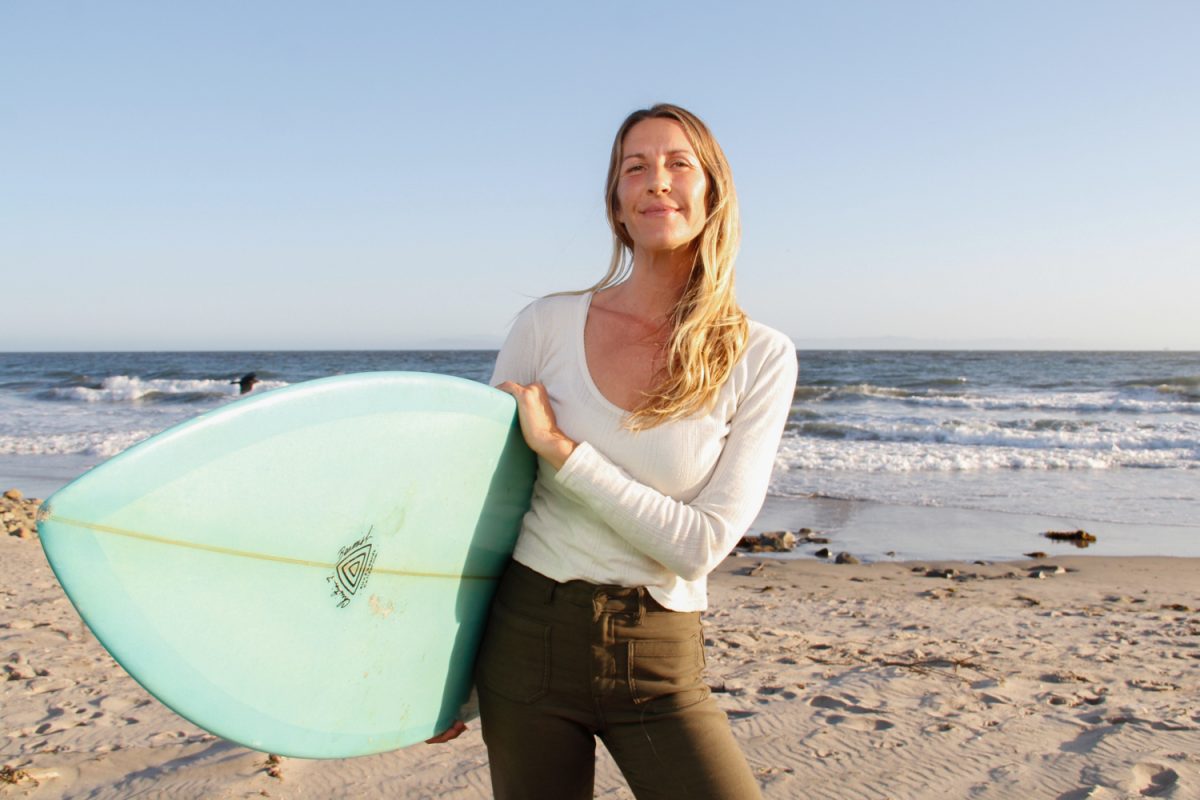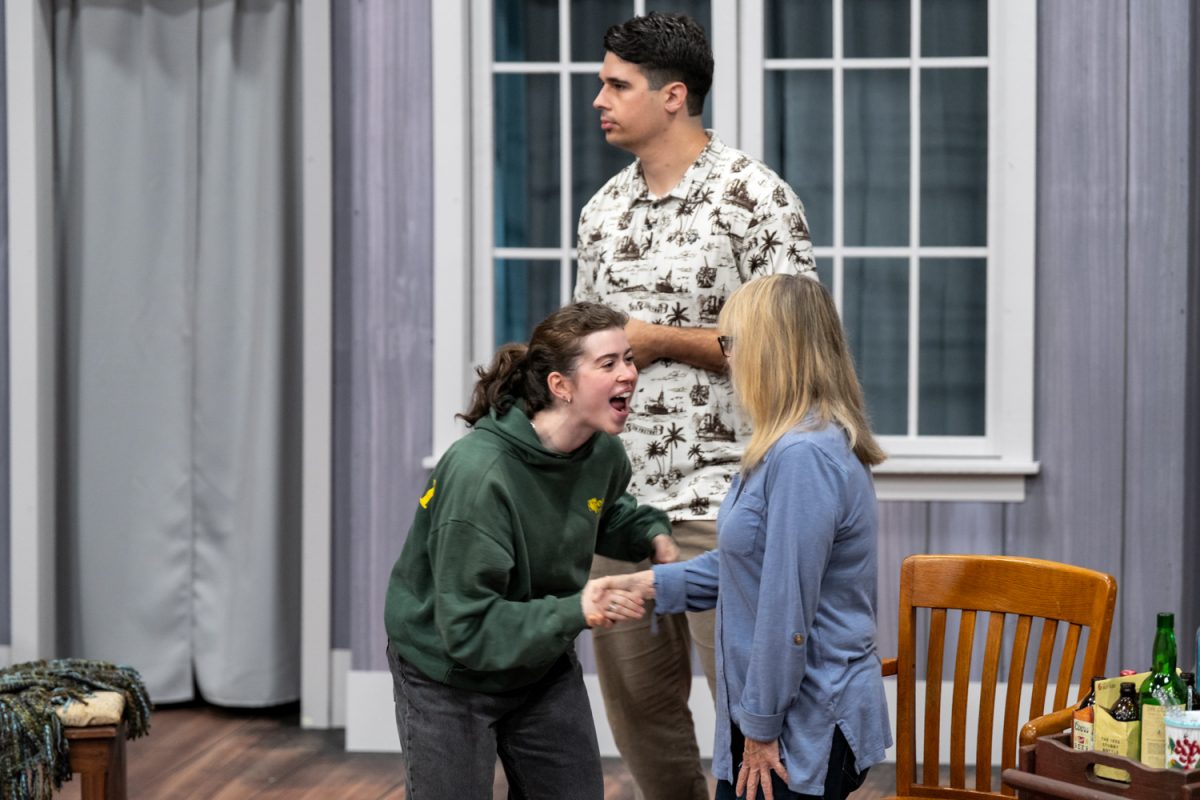The coronavirus has deeply impacted the world in every aspect, but it has taken an additional toll on nursing homes and assisted living facilities, whose residents are more at risk for contracting the disease.
Villa Alamar, an assisted living facility in Santa Barbara, has taken extra precautions and practices to keep residents and staff safe, while also keeping residents comfortable.
Villa Alamar specializes in memory care, with most of its residents suffering from some form of dementia or memory loss. Living with dementia or memory loss can make day-to-day life difficult, but worries of the virus have increased the challenge.
“It’s a matter of making everybody confident and reassuring everyone that their loved ones are being taken care of,” said Luciana Mitzkun-Weston, community services director at Villa Alamar.
With their motto being “safety, comfort, content”, the staff is working hard to keep residents entertained and comfortable, while also practicing safety measures.
Residents living with memory loss rely heavily on being with their friends and family. There have been restrictions on visitations, and the only physical visitations allowed are the immediate family of a resident that is actively dying.
As a solution, Villa Alamar has set up a room where the residents are indoors in front of a window, and their visitors outside. Residents can communicate with visitors through a phone that is sanitized after each use.
Villa Alamar suggests families send care packages, pictures and letters to residents. Mitzkun-Weston has also been sharing photos and videos of residents to their families to keep them reassured.
“The caregivers are the real heroes of the epidemic,” said Mitzkun-Weston, “Everyone has been doing their part with dedication and care.”
The staff is trained in memory care, and they remain dedicated to their charges, like providing answers for residents that frequently ask questions such as “Where is my wife?” or “Why haven’t my kids come to see me?”
Since there are many forms of dementia, some answers have to change for certain residents. Even though they may ask the same question every ten or so minutes, in their mind, it’s as if they have asked for the first time. So it is the job of the caregivers to give the same, consistent answer.
There are residents that are told, “There is a virus and people have to stay indoors, but your family has been calling to let you know that they love you.”
There are also residents that are told, “Your wife is on a vacation; look at this postcard she sent.”
It’s reassuring for the residents and their families to know that while we are in this unprecedented and anxious time, there are people that are dedicated to providing care to those who need it the most.


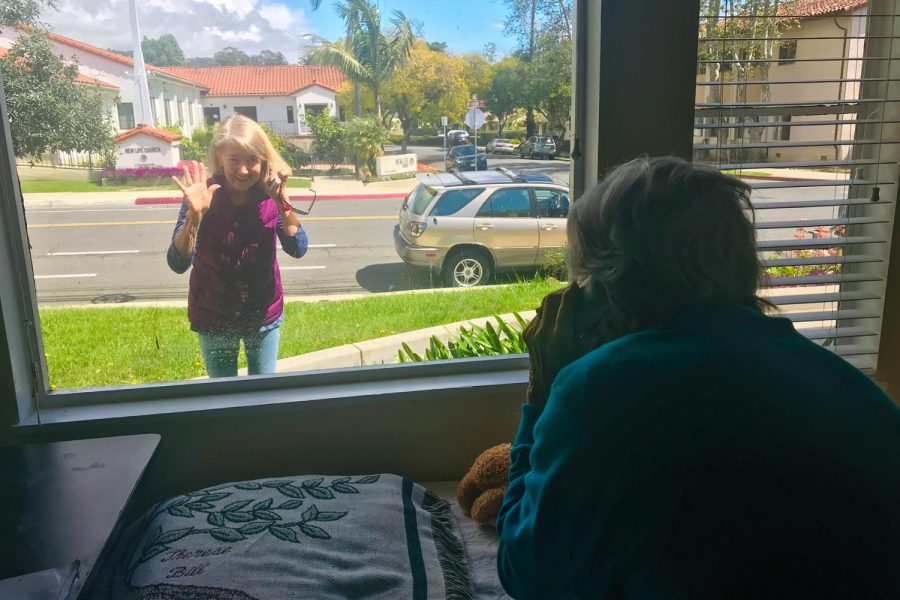
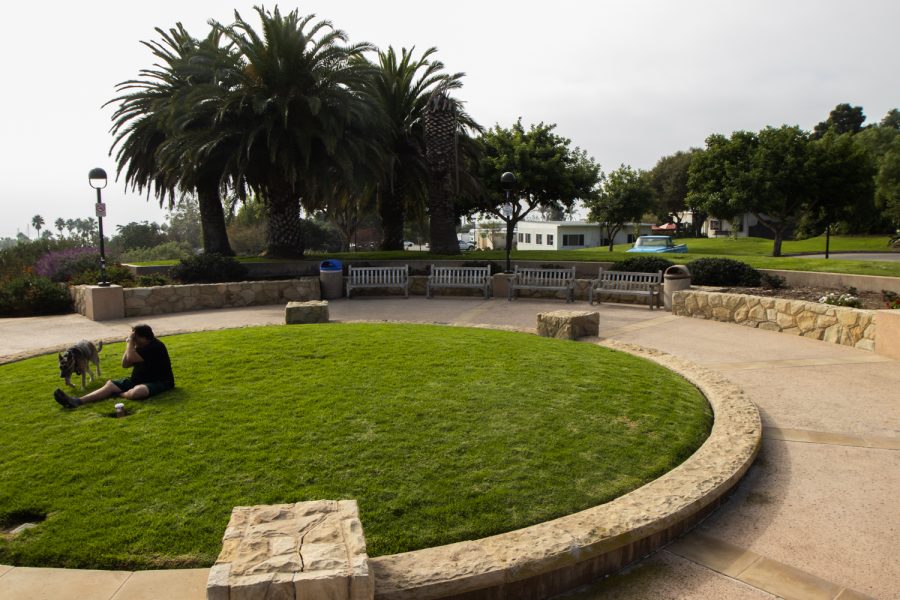
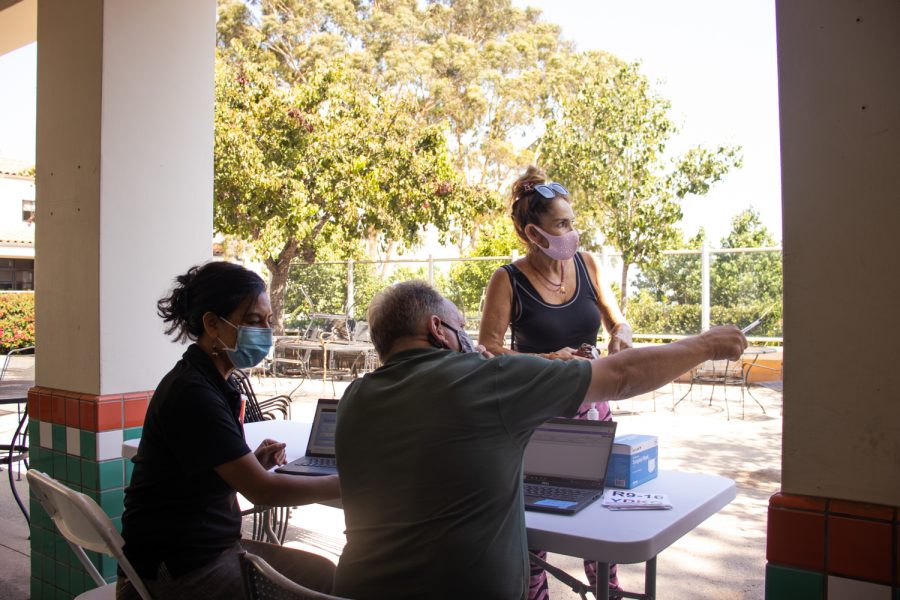
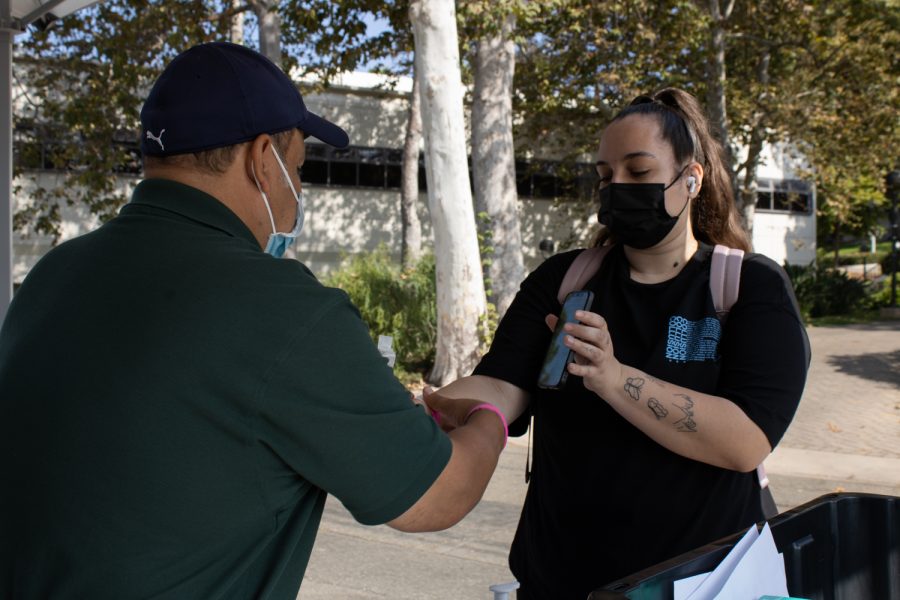
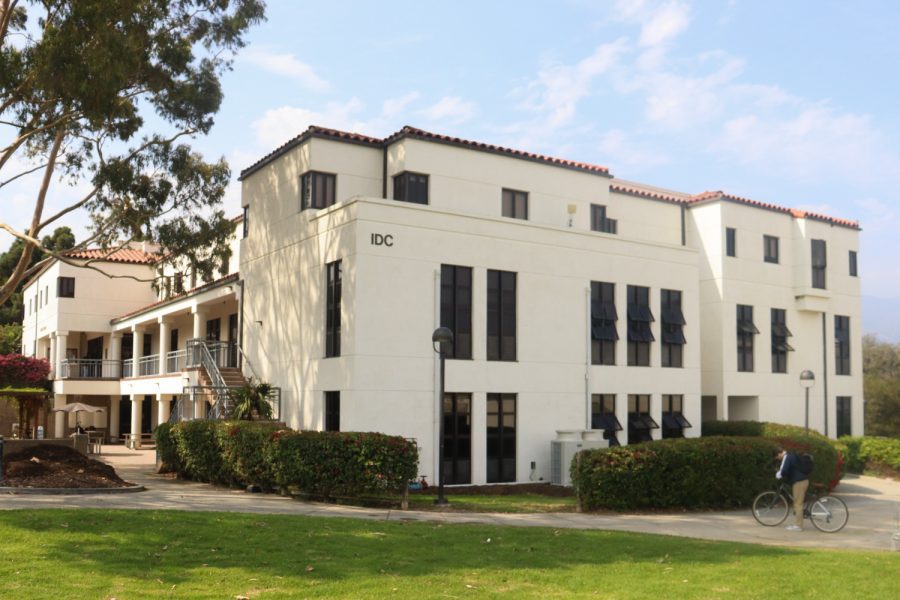
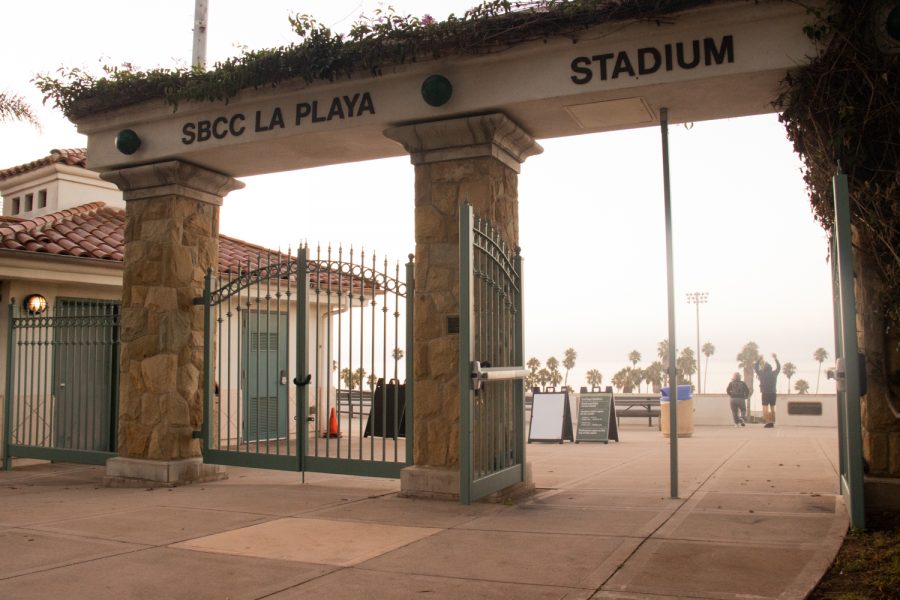







![Milton Alejandro Lopez Plascencia holds a flag showcasing the United States and Mexico on Feb. 7 in Santa Barbara, Calif. “It’s heartbreaking to see what is happening all across the country,” Lopez Plascencia said. “I [want] my voice to be heard by the community.”](https://www.thechannels.org/wp-content/uploads/2025/05/MGSImmigration-1-1200x800.jpg)

